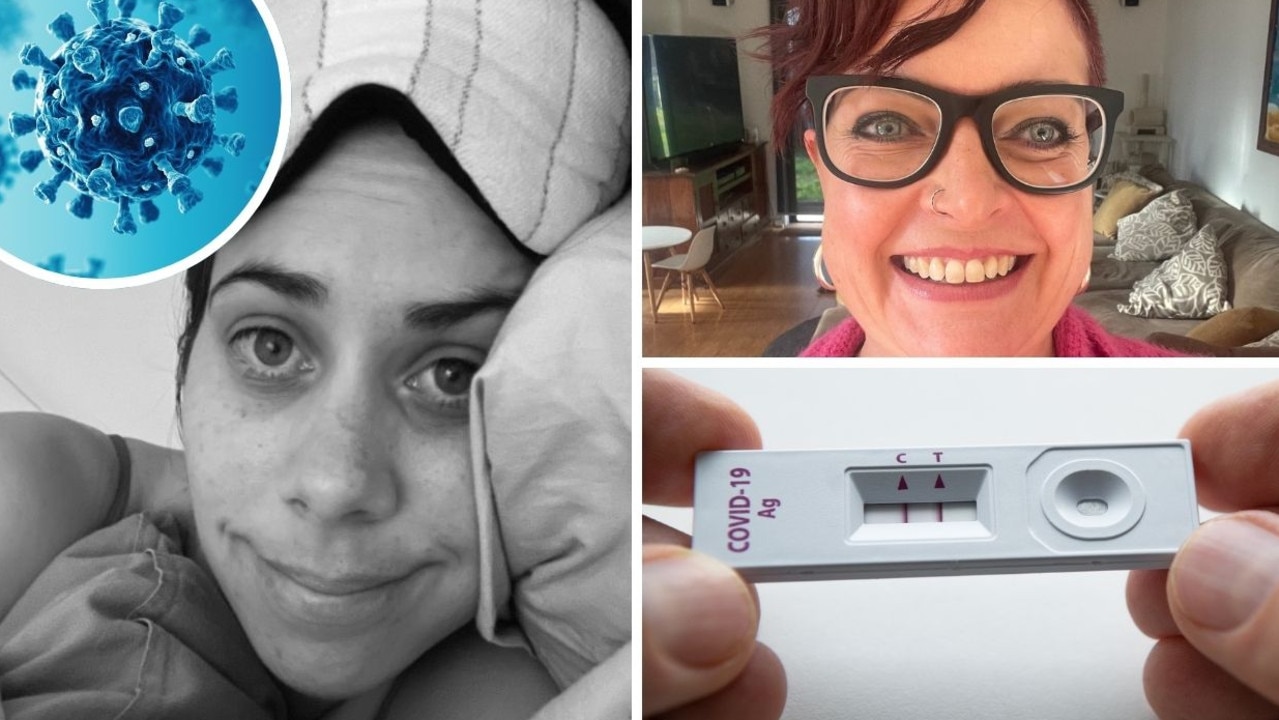11 things Australians still want to know about Covid
We may have made it through to the other side of the pandemic but there’s a multitude of questions Australians still want answered about the coronavirus.
Coronavirus
Don't miss out on the headlines from Coronavirus. Followed categories will be added to My News.
We may have made it through the worst of the coronavirus pandemic, but the spectre pf Covid still lingers over our everyday lives. Here, Health Direct and Dr Nirvana Luckraj answer all of your ongoing Covid questions.
HOW LONG DOES COVID LAST? WHEN WILL I RECOVER?
Symptoms can vary from person to person. Most people experience mild symptoms, similar to flu, which in general take several days to recover from. However, symptoms can continue for longer and in some cases take months to fully disappear. Some may have remaining respiratory symptoms such as fever, cough, shortness of breath and sore throat.
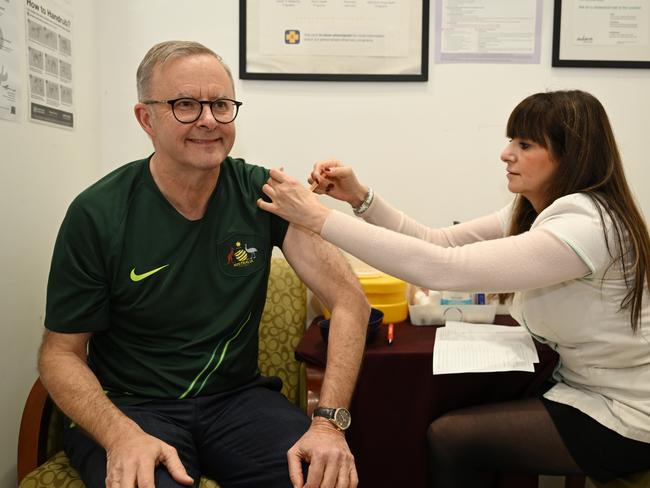
CAN SOMEONE TEST POSITIVE FOR COVID EVEN THOUGH THEY ARE NO LONGER INFECTED?
From time to time those who have been infected, can get a positive COVID-19 test result even though they no longer have COVID-19 symptoms. This is due to the infected cells in their body that release the virus through breathing, sneezing or coughing, or through their faeces and urine. This is called “viral shedding”. After 28 days, if you develop new symptoms again, then it is recommended that you should get tested again and stay home until you receive your results.
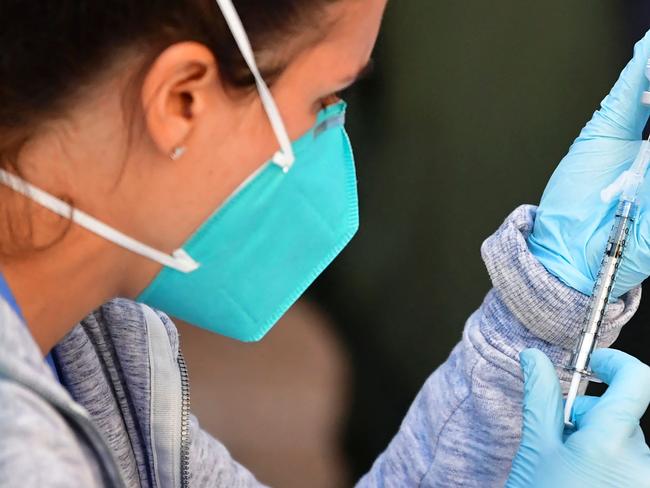
SHOULD I GO INTO WORK IF MY CHILD CATCHES COVID?
“If you are a parent or guardian caring for a child who has tested positive for Covid, then you will be considered a household contact and should follow your relevant close contact rules of the state or territory that you are in,” Dr Luckraj says.
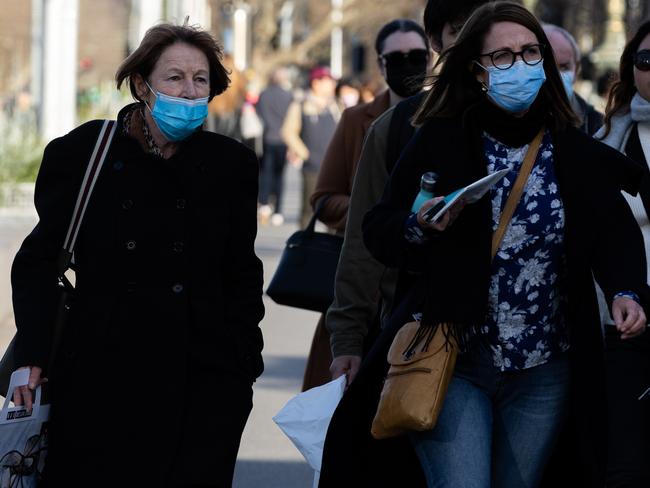
WHAT’S THE DIFFERENCE BETWEEN BA. 2.75 (Centaurus), BA. 4 and BA. 5?
“Due to the nature of mutation in viruses, subvariants will continue to develop. Omicron BA. 2 is a more transmissible variant, however it is showing to result in less severe clinical outcomes.
“Subvariants BA. 4 and BA. 5 of Omicron have shown to be less affected by the immune response that is generated by both previous vaccination and prior infection.” Dr Luckraj explains.

CAN I CATCH COVID AGAIN AND SHOULD I DO IF SO?
Medical experts have recently reduced the protective window of prior infection from 12 weeks to 28 days. It’s now estimated that anyone can be reinfected with Covid as soon as 28 days after recovering from a previous Covid infection.
If more than 28 days have passed since completing isolation and you develop new symptoms, you should get tested for COVID-19 and stay home until you get your result. If you test positive to Covid, you are considered a new Covid case and you must follow the isolation rules for positive cases.

WHO CAN ACCESS ANTIVIRALS?
On the Healthdirect website, you will be able to check your eligibility through the Covid Symptom and Antiviral Eligibility Checker for antiviral or other treatments. To find the Covid Symptom and Antiviral Eligibility Checker, go to healthdirect.gov.au. Click on ‘Symptom checker’.
Click on ‘COVID-19 Symptom and Antiviral Eligibility Checker’.
You may be eligible for Covid antiviral or monoclonal antibody treatments if:
* You have mild to moderate Covid confirmed with a PCR or RAT test (although, if you’re aged 70 and over you’re eligible with or without symptoms).

* You don’t need oxygen (some people may already be on oxygen at home for an existing
underlying condition. If they don’t need to increase oxygen levels due to Covid, these people
may be eligible for community treatment.
* It’s within seven days of symptoms starting. Some medicines ideally should be started within five days to be effective.
AND
* You’re immunosuppressed or not immunocompetent, regardless of your vaccination status
OR
* You’re 70 years or older with or without symptoms.
OR
* You’re 50 years or older — or, 30 years or older if you’re an Aboriginal or Torres Strait Islander person — and you have two or more of the risk factors listed below and you have received less than three doses of a Covid vaccine.
OR
* You’ve received less than three doses of a Covid vaccine and have at least one of the risk
factors for severe illness listed below.
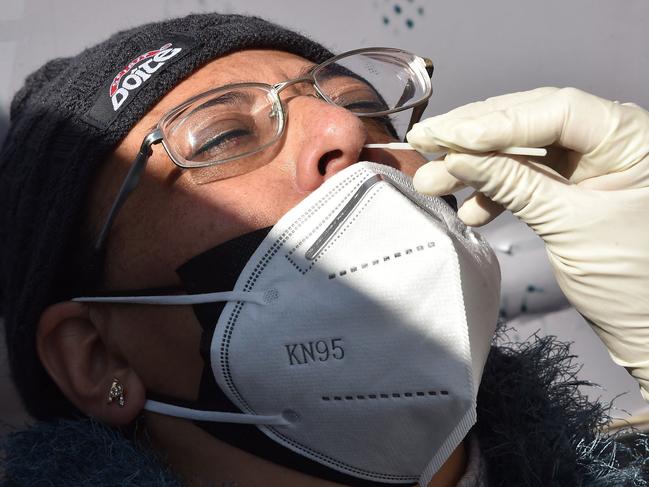
HOW DO I KNOW IF I HAVE LONG COVID?
If you continue to experience symptoms, or notice new symptoms develop 12 weeks after your initial infection, you might be experiencing long Covid. These symptoms can include:
* Extreme fatigue (tiredness).
* Shortness of breath, heart palpitations, chest pain or tightness.
* Problems with memory and concentration.
* Changes to taste and smell.
* Joint and muscle pain.
It is encouraged to schedule regular appointments with your GP to discuss your symptoms and how best to manage them. Your GP will tell you about any medicines that might suit your needs.

DO I NEED A BOOSTER DOSE?
Booster doses, also known as winter and fourth doses are a great weapon against severe reaction to Covid. This dose is available to people 30 years and over, but is especially recommended for those most in risk of severe illness. These groups include:
* People aged 50 and over.
* People aged 16 or older and an aged-care or disability-care facility resident.
* People aged 16 years or older with severe immunocompromise.
* People aged 16 years or older and have a medical condition that increases your risk of severe Covid illness.
* People with disability with health conditions that increase risk of severe illness from
Covid.
* People with severe obesity.
* People who are severely underweight.

WHAT ARE POSSIBLE SIDE EFFECTS OF THE COVID VACCINES?
It is common to experience minor side effects shortly after receiving your vaccination, however these will last no more than a couple of days and most people will recover without any problems.
For some, they may experience a more noticeable reaction in flu-like symptoms such as fever and chills. Serious reactions, such as allergic reactions, are extremely rare. If you have any concerns about the vaccine, ask your doctor, nurse or pharmacist.

WHAT IS THE MINIMUM AGE TO GET VACCINATED?
The Covid vaccine can be given to those from age five and above. The vaccine is a great protection for kids as they frequent high exposure areas such as nurseries and schools. It also helps protect adults such as parents, grandparents, carers and teachers from being exposed to the virus and therefore avoid potentially worse reactions such as long Covid.
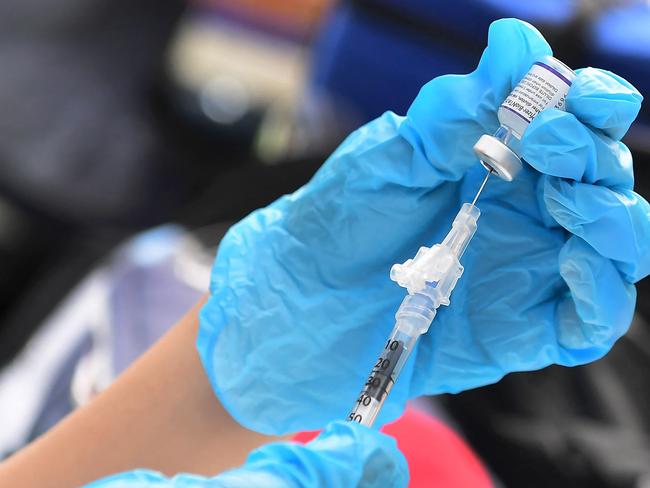
WILL THERE BE VACCINATION FOR EACH NEW VARIANT?
Viruses such as Covid naturally mutate over time creating newly born variants of the disease.
The current vaccinations have proven to provide protection from severe Covid illness while
providing some protection from new variants, creating a broader immune response.
Last week in the UK, health authorities became the first to approve a modified Covid vaccine
which will target the Omicron variant with suspicions that Australia won’t be far behind.




